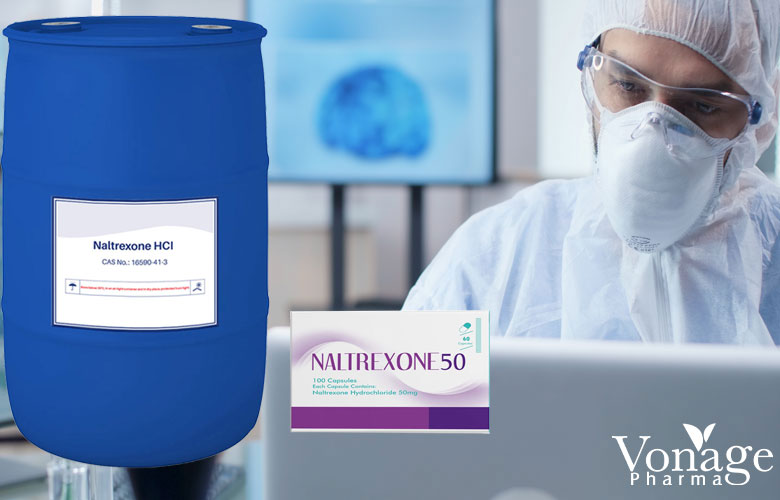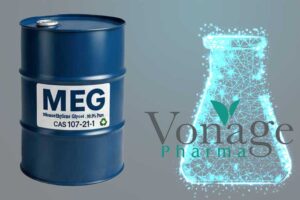Introduction to Naltrexone for Tumor Use in Oncology
Cancer continues to represent a major challenge for healthcare worldwide, driving pharmaceutical innovation. Recently, interest in naltrexone for tumor applications has grown significantly. Once primarily used in addiction medicine, ldn is being studied for its potential to inhibit tumor growth and boost immune response. This article highlights the latest statistics from recent studies and clinical trials, while emphasizing how Vonage Pharma supports oncology providers with high-quality Naltrexone HCl API and Naltrexone 50 mg formulations.
Understanding Naltrexone for Tumor: Scientific Rationale and Mechanisms
Naltrexone blocks opioid receptors, which are found on some tumor and immune cells. At low doses, naltrexone for tumor therapy modulates the immune system by enhancing functions of CD8+ cytotoxic T cells. The drug’s main anticancer effect involves antagonizing the opioid growth factor (OGF) receptor axis, which normally promotes cell proliferation. Inhibiting this pathway reduces tumor growth and encourages programmed cell death (apoptosis) (Pubmed).
Key Statistics
Naltrexone for Tumor and Tumor Cell Proliferation Reduction
Recent laboratory and preclinical research shows that low-dose naltrexone can reduce tumor cell proliferation by up to 50% in models including glioma and pancreatic cancers. This antiproliferative effect is dose-dependent and largely specific to the low-dose regimen, distinguishing it from higher, continuous dosing that might increase cell growth (Pubmed).
Clinical Survival Data Relevant to Naltrexone for Tumor Treatment
In clinical settings, combining naltrexone for tumor treatment with radiotherapy has demonstrated a significant increase in one-year survival rates for patients with malignant glioma compared to radiotherapy alone. Though low-dose naltrexone monotherapy showed limited improvement in quality of life, combination approaches offer promising survival benefits.
Immunological Effects of Naltrexone for Tumor in Cancer Care
Studies also reveal naltrexone enhances immune responses by increasing CD8+ T cell cytotoxicity. These cells release molecules like TNF-α, IL-6, IFN-γ, and granzyme B that contribute to tumor reduction and extended remission periods. This immune-stimulation effect underlies much of naltrexone’s potential in oncology (Frontiersin).
Market and Regulatory Outlook
Interest in naltrexone for tumor is reflected by over 7,000 clinical trials involving naltrexone formulations worldwide. However, oncology-specific regulatory approvals have yet to be granted pending further confirmatory evidence. Pharmaceutical providers need reliable sources of high-quality naltrexone API and finished products to support ongoing research and clinical use (Clinicaltrialsregister).
Vonage Pharma’s Products Supporting Providers
Vonage Pharma proudly offers two essential products to meet this growing demand:
- Naltrexone HCl API:
A pharmaceutical-grade, cGMP-certified active ingredient suitable for formulation in clinical trial materials and hospital pharmacies. - Naltrexone 50 mg:
Quality-assured tablets widely used in conventional and investigational treatments, providing pharmaceutical providers with consistent, scalable access.
Both products adhere to stringent international quality standards, ensuring pharmaceutical partners can confidently incorporate naltrexone into their oncology portfolios and research pipelines.
Conclusion: The Future of Naltrexone in Oncology
The evolving research on naltrexone for tumor highlights its potential as a safe, effective adjunct in cancer treatment, with key findings including:
- Up to 50% reduction in tumor cell proliferation in preclinical studies.
- Improved survival outcomes when combined with standard therapies.
- A strong immunomodulatory effect enhancing anti-tumor response.
- An excellent safety and tolerability profile in clinical trials.
While more robust clinical trials are needed to formalize guidelines, pharmaceutical providers sourcing from trusted manufacturers like Vonage Pharma are positioned at the forefront of this promising oncology frontier.
For more information and detailed product specifications, visit the Vonage Pharma product pages or contact our specialist team.







